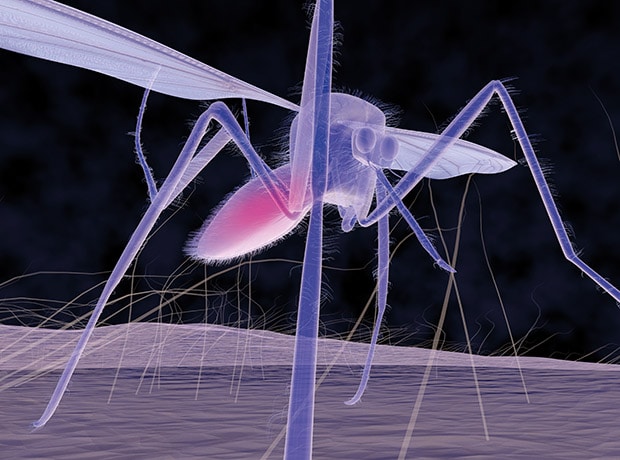Mosquito-borne viral diseases cause an estimated 390 million cases worldwide.
LifeArc has announced it will fund three new projects to better understand dengue fever and prevent the disease from spreading globally.
In addition to the investment, projects will also receive support and advice to overcome key transition challenges in accelerating scientific discoveries to patient impact.
The announcement follows a recent warning issued by the World Health Organization in December 2023 regarding the threat dengue poses to global health.
Additionally, the organization has set a goal of eliminating global deaths from the disease by 2030.
Dengue fever is an infectious disease spread from mosquitoes to humans that affects an estimated 390 million people worldwide and is common in tropical and subtropical climates.
Common symptoms of a viral infection include high fever, headache, body aches, nausea, and a rash.
LifeArc has awarded more than £170,000 to the Indian Institute of Technology Roorkee to research new treatments against the dengue virus by identifying new antibodies that improve drug delivery to infected cells, while Australia’s Monash Biomedicine Discovery Institute has received more than £164,000 to test patient samples and identify new biomarkers that could help predict the severity of a patient’s disease outcome.
The third project to receive a grant from LifeArc, based in India at Torana Labs, aims to scale the startup’s proprietary targeted drug delivery technology platform to generate treatment options for dengue fever.
The technology has already been shown to be effective in rare diseases and has the potential to increase the effectiveness of antiviral drugs while reducing side effects.
Dr. Mike Strange, Head of Global Health at LifeArc, commented: “We are proud to support these projects which will contribute to providing new treatments and improving our understanding of dengue.”
“Without further investment in this type of research, dengue and other mosquito-borne viruses will continue to affect more people around the world, including in Europe, where cases are on the rise due to climate change.”







